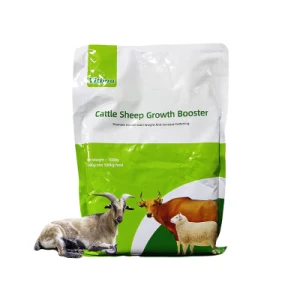Description
Acidifiers play a crucial role in enhancing the efficiency and health of ruminant animal feed. These dietary additives, typically organic or inorganic acids, serve to lower the pH of the rumen, leading to improved fermentation processes. By creating a more favorable environment for beneficial microorganisms, acidifiers can boost nutrient digestion and absorption, ultimately supporting better weight gain and milk production in cattle, sheep, and goats. Furthermore, the use of acidifiers can help mitigate the risk of ruminal acidosis—a common condition in high-grain diets—which can lead to serious health issues and reduced productivity.
In addition to their digestive benefits, acidifiers also contribute to the overall stability of ruminant feeds. By lowering the pH, these additives can inhibit the growth of harmful bacteria and molds, which can spoil feed and pose health risks to animals. This preservation effect not only improves the shelf life of feed but also ensures that ruminants receive a consistent and nutritious diet. Moreover, the inclusion of acidifiers in animal feed formulations can result in significant cost savings for farmers by reducing the need for antibiotics and other health interventions, thus promoting a more sustainable and economically viable livestock operation.
Recent research has highlighted various types of acidifiers, including citric acid, formic acid, and propionic acid, each with unique properties and benefits. Depending on the specific needs of the ruminant and the prevailing dietary conditions, the choice of acidifier can be tailored to optimize performance outcomes. As the livestock industry continues to evolve towards more efficient and sustainable practices, the integration of acidifiers into ruminant feeding strategies is becoming increasingly prominent, showcasing their essential role in modern animal nutrition.












